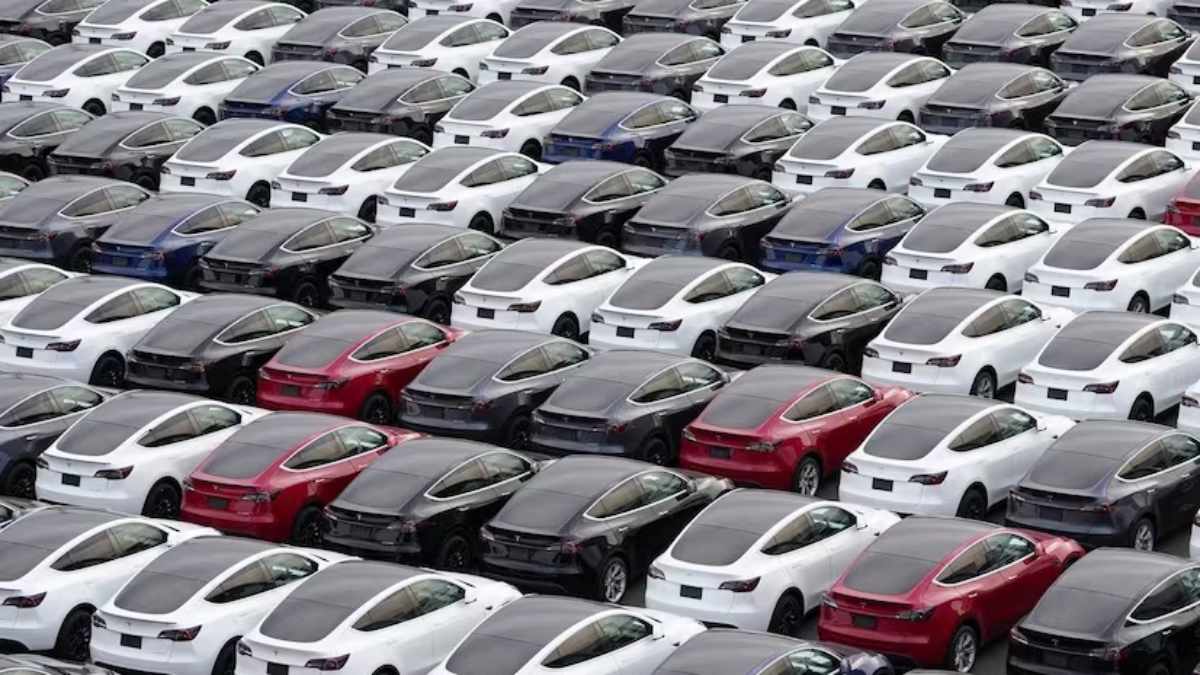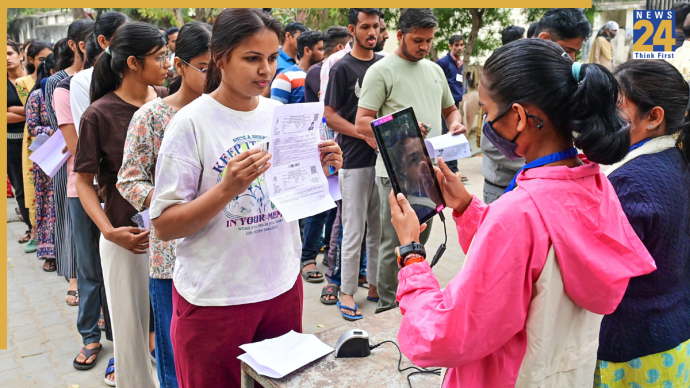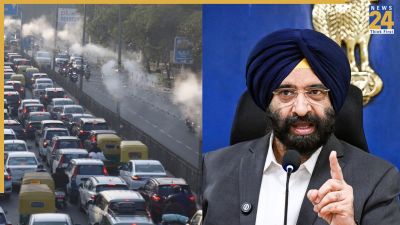Tesla is reportedly exploring the idea of collaborating with a local partner to set up its operations in India. The renowned American electric vehicle company is contemplating a joint venture with Reliance to build a manufacturing facility in the country.
Allegedly, Tesla has set aside $2 billion for its upcoming ventures in India and has been surveying different locations such as Gujarat and Maharashtra as potential sites for its plant. The report suggests that Maharashtra is emerging as the preferred option.
Track Mode on a frozen lake in 🇳🇴 pic.twitter.com/xcrbfEF04Q
— Tesla (@Tesla) February 7, 2024
---Advertisement---
During an X (formerly Twitter) Spaces session with Nicolai Tangen, CEO of Norges Bank Investment Management, Elon Musk, CEO of Tesla, affirmed Tesla’s forthcoming entry into India. Musk stated, “India is now the most populous country in the world. India should have electric cars just like every other country has electric cars. It’s a natural progression to provide Tesla electric vehicles in India.”
High-ranking Tesla officials are anticipated to visit India within the coming month to finalize the plant’s location and establish a joint venture with RIL. However, as discussions with RIL are not exclusive, Tesla may consider another domestic partner if the ongoing negotiations do not come to fruition, as per the report.
Also Read: A Timeless Tribute: Retro Yamaha RD350 Reborn In A Royal Enfield Interceptor!
In March, the Indian government approved an Electric Vehicle (EV) policy with the aim of positioning the country as a global manufacturing hub for EVs. The policy stipulated a minimum investment of Rs 4,150 crore with no maximum investment limit, intended to attract investments from renowned global EV manufacturers.
In addition to the minimum investment requirement of Rs 4,150 crore ($500 million), the policy outlined a three-year timeline for setting up manufacturing facilities in India, initiating commercial production of EVs, and achieving a maximum of 50 percent domestic value addition (DVA) within five years.
Moreover, the policy specified that the duty on the total number of EVs allowed for import would be capped at the investment made or Rs 6,484 crore (equivalent to incentives under the PLI scheme), whichever amount is lower.
Moreover, the policy indicated that a maximum of 40,000 EVs, with an annual cap of no more than 8,000 vehicles, would be permitted if the investment reaches $800 million or above. Any unused annual import limits could be carried over for future use.
Also Read: Why Was Yamaha RX100 Discontinued In India?













